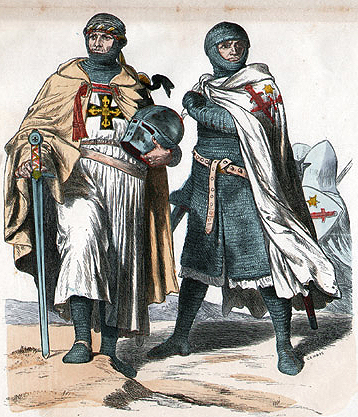The latest Israel-Palestine conflict is bringing an age-old question to a new generation of Christians. When you read much of the media coverage there is a big question that hangs over all of it especially for readers below the age of 50.
Why?
I don't mean to suggest that readers over 50 really know why the conflict is going on, but I do believe they've been through the same (or similar) cycle more than once during their adult life. My generation will most vividly think back to the "first" Iraq war, what we called the Persian Gulf War, and remember live CNN reports with journalists in gas masks in Israeli hotel rooms. We were all holding our breath to see if the Patriot missiles would out perform the SCUD missiles.
That actually had little to do with the Palestinian situation. It was merely Saddam Hussein's attempt to rally anti-Zionists to his side against Coalition forces. But it made us wonder about this whole Israel v. Middle East situation. Those of us in the Evangelical world felt sure it was closely related to the Bible and End Times. "Peace...in the Middle East" was a popular saying for politicians and rappers.
A generation later we have renewed violence between Israel and Palestine and the reaction is all over the map. Some cast the Palestinians as being oppressed and murdered by Israel. While others are rallying behind Israel as champions against terrorism. As I read the analysis I am struck by a philosophical assumption that goes so deep no one is bothering to defend it: death is bad.
But I wonder, why do they assume this? Stick with me a moment. It is a great human tradition that goes back as far as we can remember to assume that one's own death would be a bad thing. That makes perfect sense. It even makes since to feel like the death of your family, friends and business associates would be bad. What I don't quite logically follow is why secularists can assume other peoples' deaths are bad. Now I'm not attacking a secularists right to make moral assumptions. I just wonder if they understand that they are making an assumption that requires justification. Let me put it this way, if we are products of evolution, and if science is the ultimate arbiter of Truth, where does this universal (though selective when you consider the unborn) ethical preference for life come from? Secular society has been willing to question and abolish every other moral/ethical assumption. Why do we hold on to this one vestige primitive taboo and call it humanitarianism? Why does the mandate to save lives trump every other argument in any debate? Is there nothing more important than human life? If so, why are we so bad at protecting it?
I honestly can't claim to understand the situation in Israel. When one tries to find the historical roots of the conflict one finds a tragic story of foreign powers making seemingly inconsequential decisions that end up affecting millions of people for generations to come. As far as I can tell, Jews, Christians, Muslims and others have all lived in the area for thousands of years. No one can claim exclusive ownership of the land based on history or heritage. It has been alternately conquered and and ignored for thousands of years. The Jews, at least, have a theological reason for wanting it, but who is to say that the State of Israel has any right to make a claim based on religion? The rule of Nature would say that whoever is powerful enough to own and posses the land will own and posses the land. The map as we know it was formed by violence at some point in our history. How do we (or how can we) differentiate between the violence of a thousand years ago, and 50 years ago, and 50 minutes ago? Was it justified then but not now? I don't think most people who have formed an opinion have thought through all those issues. I wish they would. I don't know that it would bring a quick solution, but at least they wouldn't sound so flippant in their affirmation of violence on either side.
For the Christian the question is simpler. We value life because God values life. He created people in his image. Therefore we are to respect life as an act of worship toward our Creator. Jesus has freed us from worry about where the "Promised Land" is. The Sabbath he has won for us is not a day of the week or a patch of land on this earth. The Sabbath rest Jesus leads us into--like Joshua led the Hebrews--is a never-ending land "flowing with milk and honey". It is not a day of the week because there will be no night. It is not a place under the Sun because there will be no sun. Jesus will be our source of light. We will not have to take up arms to conquer or defend it because He will put all his enemies under his feet. Forever.
I haven't answered questions about who we should support or how we should support them. Those are things I still struggle with. What I know above all else is that God is not pleased with the destruction of the people that he has created, and neither am I.

No comments:
Post a Comment